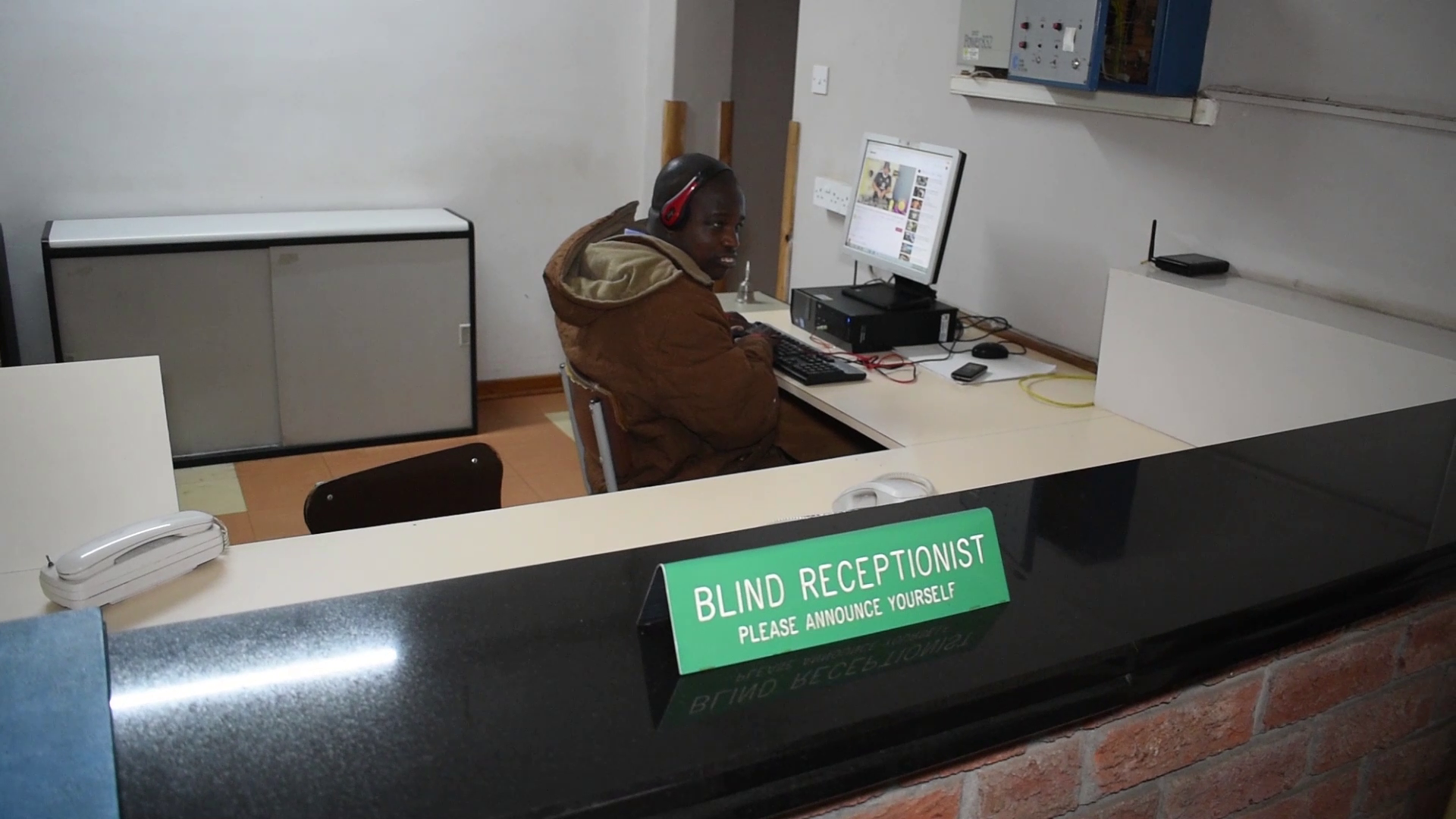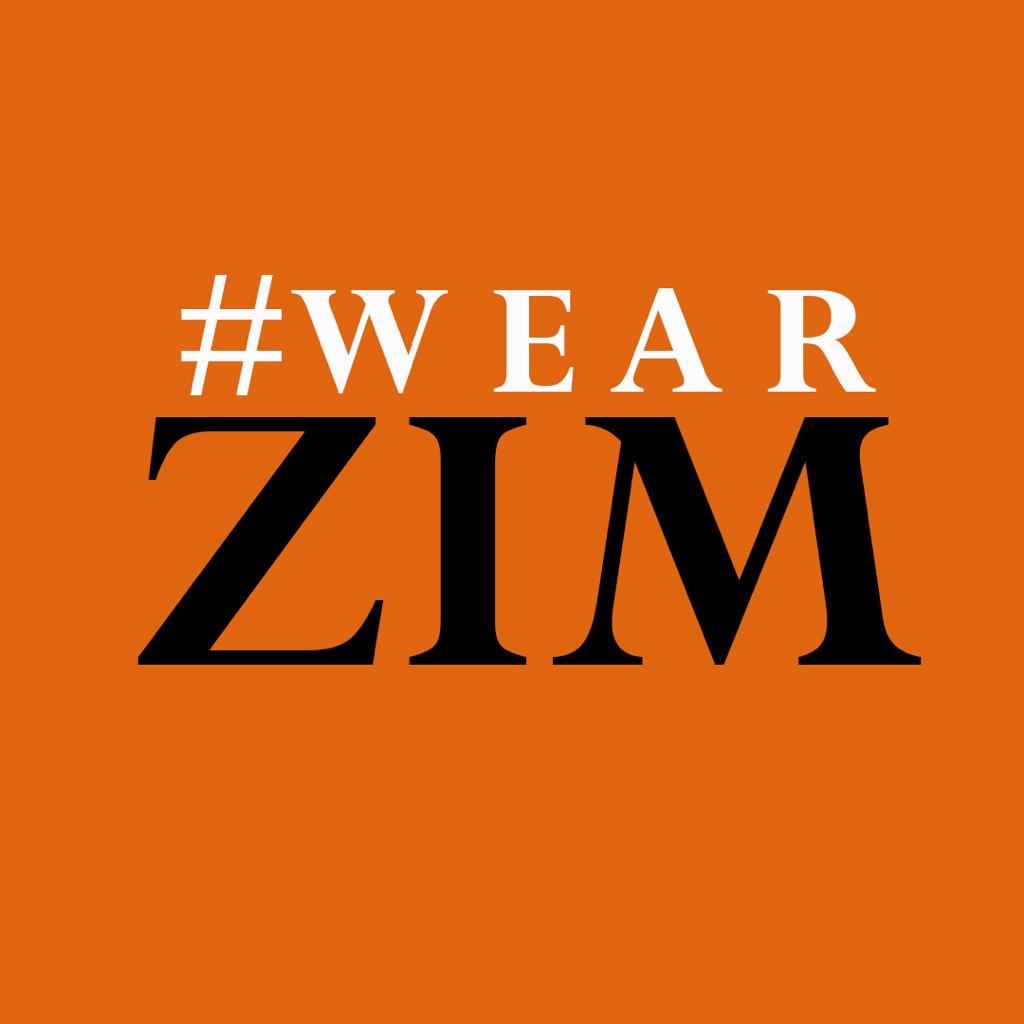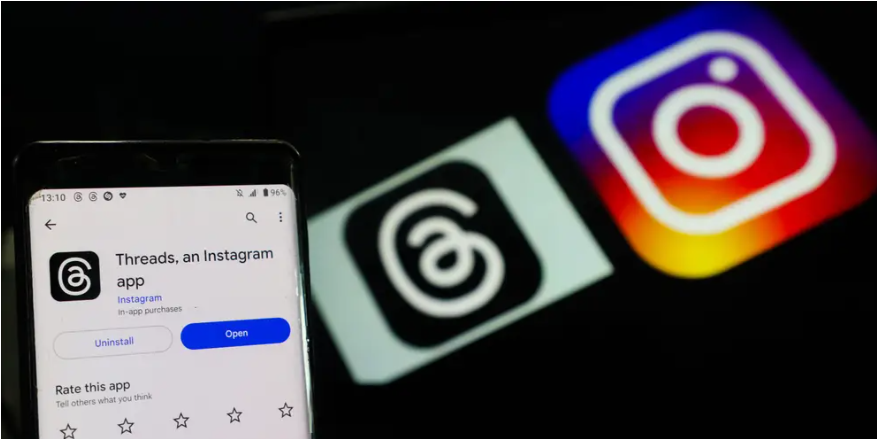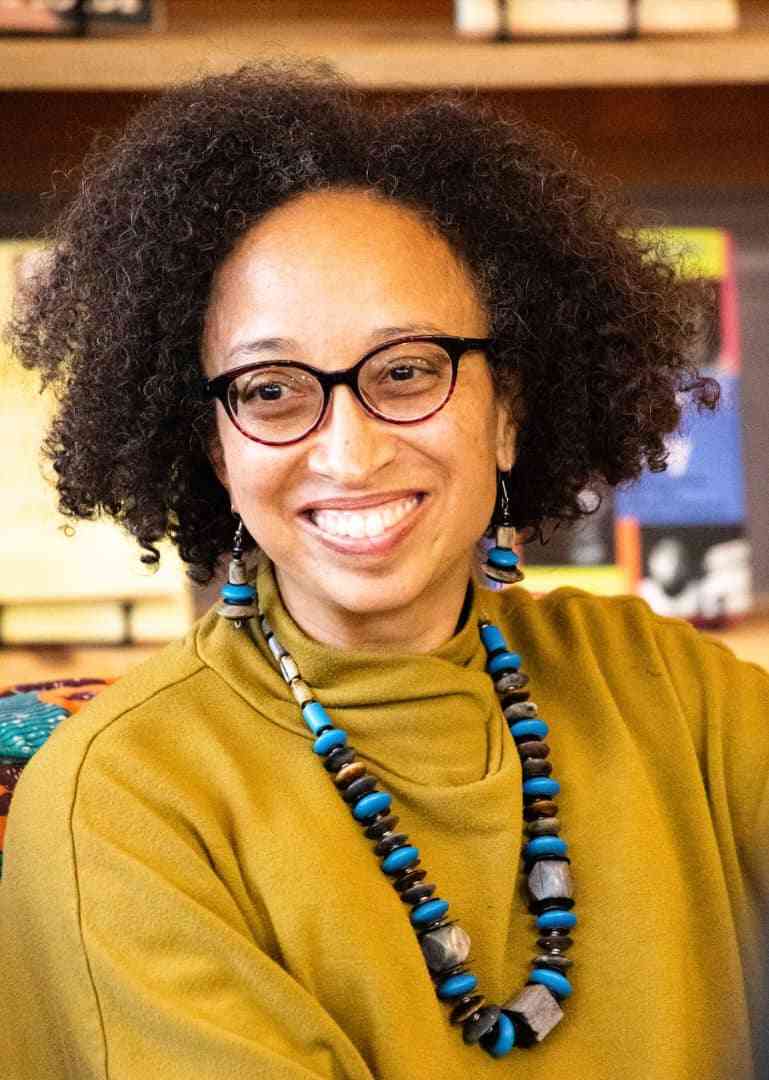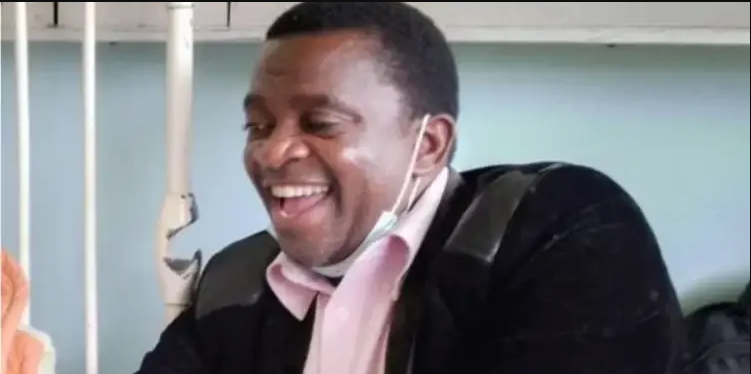By Khumbulani Muleya
Since 2017 when the Ministry of Education introduced a new curriculum there haven’t been any
braille books to cater for visually impaired people in schools and other institutions. The Dorothy
Duncan Braille Library which is a non-profit-making organization for the blind and visually impaired
located in the avenues area of Harare used to produce all school books for primary, secondary as
well as university in braille which is a tactile code read by many blind people in the country.
Due to a plethora of challenges that have culminated over the years the center is now unable to
continually offer these printing facilities. This was established during a mini-tour of the braille library
and rehabilitation center early this week, a visit that affirmed how much people with visual
impairment need to be taught to know how and where to get help as well as the type of help they
can get.
The center instituted in 1994 by Sister Catherine Jackson produces braille material, offers
rehabilitation and library services to the blind and the visually impaired. The founder who partially
lost her sight in 1986 is well known for her role in revitalizing literature in the truest sense of a
literary revolution for the blind and visually impaired. She became determined to do something for
blind people so much that she equipped lifts in public buildings with braille writing so that blind
people could use them and labeled trees and flowers so that people with VI could also enjoy the
facilities.
Previously braille books were not available in Zimbabwe and used to be imported and the reason
why the institution was established was so that these special books could be available locally. Today
twenty-eight years after its inception the library still has its archives and equipment intact, the
assistive devices and high power-consuming machinery used for producing braille at a large scale are
still usable but outdated and rather expensive to use and maintain in a world that has switched to
advanced technology which has paved way for smaller multi-functional devices.
Some of the equipment is being phased out since accessing the type of machinery and spare parts is
no longer feasible. Though the heavy machinery is now antiquated it is still expensive in its idle state
with each ranging between USD40 000 and USD50 000.
Speaking to HStv Mr Anderson Robertson the Braille Transcriptionist at Dorothy Duncan said “We
have seen the need to phase out the equipment and find something that can perform the same
functions but at a lower cost, we acquired the Version 5 models of the Index machines which are
smaller and easy to use when producing braille, though they make a lot of noise these machines
produce braille that is easily read by people with VI and also do not consume too much power”.
“As an institution, we are trying to find partners and donors that can actually fund the project so
that we can be able to assist the government, schools, and other institutions like Jairos Jiri and in the
process bridge the gap between the sighted and those that are visually impaired” He added.
Braille paper is a special type of paper that aids in inkless printing and is sourced out of the country,
according to Mr. Anderson converting an ordinary book to braille is costly, previously the
the organization used to print for free but are now forced to charge a token so as to maintain the
machinery and keep the center afloat.
The library has a variety of books in braille but has none in vernacular, its shelves are packed with
novels of various categories, academic textbooks for schools and colleges as well as books for
leisure reading in audio format and large print for those with low vision. It also has a transcription
the department which is responsible for the production of braille books as well as a rehabilitation
department for those who have lost sight at a later stage of their lives.
The rehabilitation department is where those with visual impairment can stay for a certain period
learning how to become independent and use computers and do courses for people who turn blind
in adulthood so that they can acquire life skills and hopefully return to their former workplaces.
It has specialist teachers who guide the students through the tasks of daily living and mobility.
However, the department has accommodation challenges making access for those who want to enroll
for rehabilitation trainings very limited.
Writer Mr Chemist Mafuva one of the about eight adult students at the center took time to reflect
on the myriad of obstacles that hinder full social inclusion and community participation for the
visually challenged. “The first thing you experience is loneliness, the inability to associate with
friends, social life becomes highly restrictive because some friends start migrating away from you”
According to UNICEF ‘it is estimated that about 1.4 million people have some form of disability in
Zimbabwe’, many lose a lot due to lack of adequate information, early last year cabinet approved
the National Disability Policy which seeks to address the marginalization and discrimination of
persons living with disabilities and it being available in braille is a welcome development.

